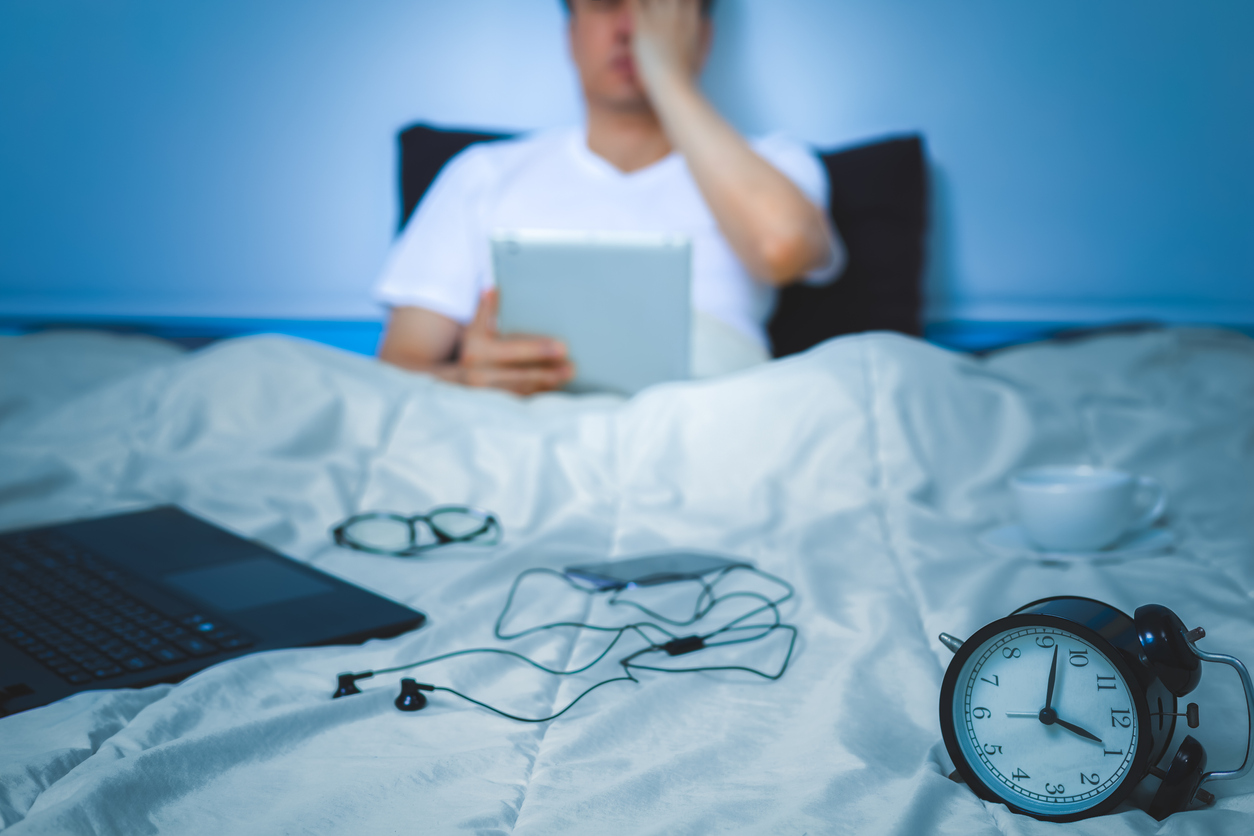No more ‘work-life balance’: Making the case for separation
Working from home has changed the rules for setting boundaries and building work culture in PR.

Public relations companies need to retire the phrase “work-life balance.” Instead, this antiquated concept should just be considered “balance” — or better yet, “work-life separation.”
Why? Work and life are way too intertwined now.
The phrase “work-life balance” implies there’s a 50/50 split. Clearly, that’s not the case, especially in an industry like PR where we deal with demanding clients and bosses in different time zones throughout our work.
The pandemic and the need to work from home only reinforced this.
The Economist Impact and WeWork recently published the results of a survey of 700 business leaders and 4,000 employees for its Work-life Balance Barometer which found that while remote work boosted business leaders’ work-life balance during the first 18 months of the pandemic, its effects have been less positive for less senior employees. According to the report, more than 4 in 10 junior and mid-level employees reported that “enforced remote working worsened” their work-life balance.
The report offered several possible explanations for this, including that people felt they had less flexibility, little support with remote office equipment, and “a desire to go into the office to socialize with colleagues and maintain separation between their personal and professional lives.”
Working in an office created a physical barrier between the “workplace” and our homes, so there was no doubt about when we should be working. When going to work only requires the opening of a laptop, the burden is on each individual to establish balance.
It’s why I suggest radical separation to my employees. The mandate was simple: Do not start work until it’s time to start work. Even a glance at your Slack or email creates a connection to your brain — one that’s hard to break to return to whatever you do in the morning. And when you’re done with work, leave your computer — and maybe even your phone — on your desk.
But PR managers and supervisors need to step-up and help employees create those boundaries, something we haven’t had to do until COVID. I’ve seen a lot of talk at PR firms, but not a lot of action.
Another interesting point The Economist report made: “The future of work can no longer have a ‘one size fits all’ approach.” For PR firms, that means listening to your employees and not making generic, companywide policies that look good on paper but don’t really provide the space and relief employees actually need.
One initiative Ditto took was to eliminate all our weekly meetings and make Thursday a client meeting day. We still have a stand-up on Friday, but now employees have more time in the day to get their work done and don’t feel compelled to extend their workdays because they have been buried in meetings all day. I have heard from too many people in PR, “I’m in meetings all day, and I can’t even start to get my work done until the afternoon.”
PR leaders must give employees the time to do their work during work hours.
Timothy D. Golden, a professor at Rensselaer Polytechnic Institute, outlined some tips in an article published in Organizational Dynamics:
- Maintaining a separate and dedicated workspace within the home, preferably in a separate room with a door that closes
- Blocking out household noises
- Avoiding work-related activities within the family space
- Logging off after work hours and turning off your work phone and computer
- Starting and ending your work day at consistent and regular times
Given we spend more time at work than anywhere else, we have to establish ways to manage our days and not be exhausted at the end of the week. And while creating separation sets a healthy boundary, we shouldn’t forget about the “life” part of the equation.
Public relations professionals at every level need to balance that work boundary with things that bring them joy and happiness. And the easiest way to do that is to proactively put positivity and happiness in your week. Schedule a walk in the middle of the day. Set aside an hour at the end of the day to read. Do a quick 15-minute stretch. Take your entire lunch hour and unplug.
But — and this is the most important part — if you don’t prioritize your own happiness and health and actively take these breaks, your day will always fill up with work. And you will find yourself exhausted at the end of the week.
Trey Ditto is the founder & CEO of DittoPR.






